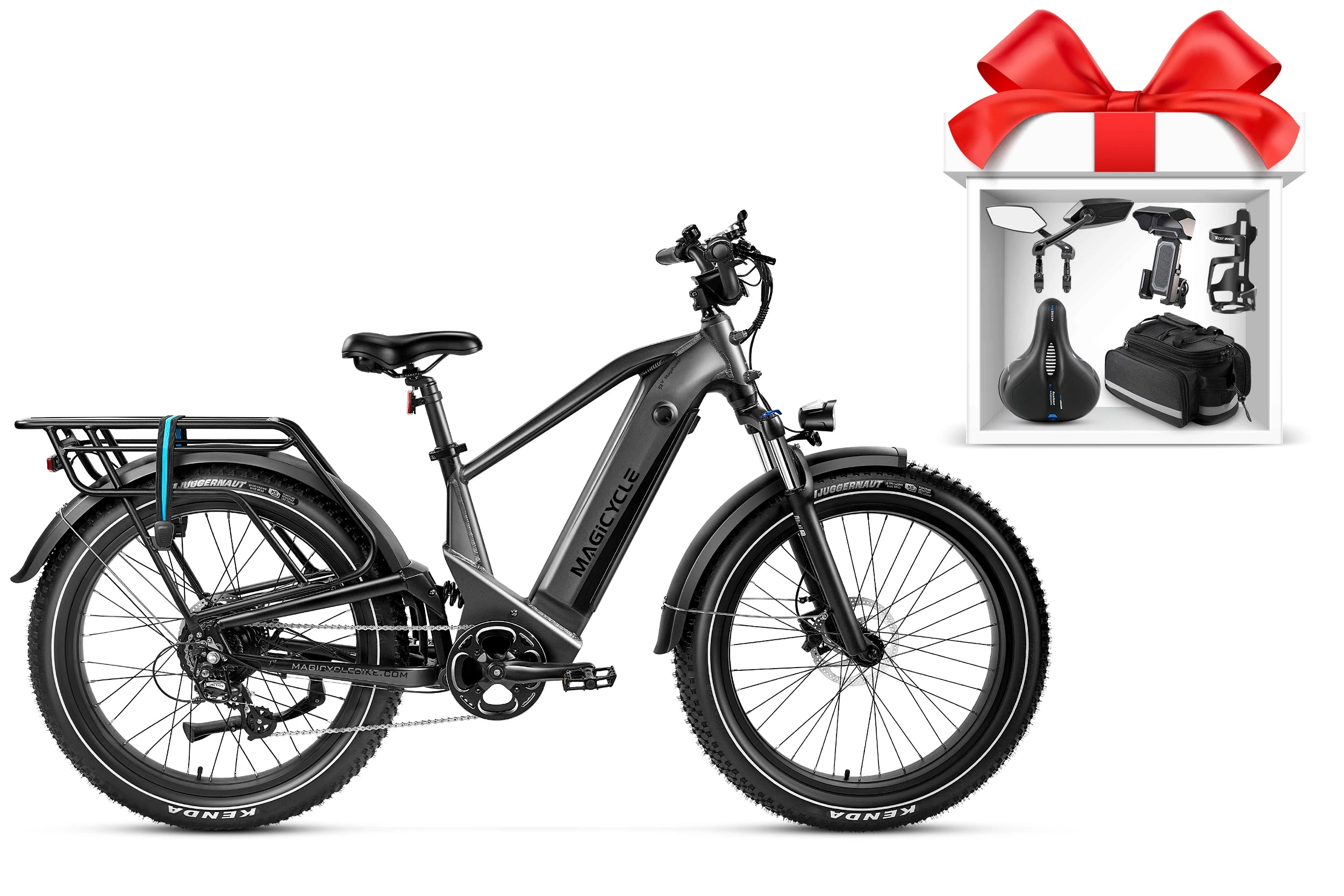As cities continue to grow and evolve, the demand for efficient and sustainable transportation solutions becomes increasingly critical. One innovative solution that has emerged is the zero-emissions cargo bike. This eco-friendly mode of transport is not only reducing carbon footprints but also enhancing the efficiency of last-mile delivery systems.

Understanding the Zero-Emissions Cargo Bike
A zero-emissions cargo bike is designed specifically for transporting goods without contributing to air pollution. These bikes are equipped with electric motors that provide assistance while pedaling, making it easier to carry heavy loads over longer distances. But how do they compare to traditional delivery methods?
- Environmental Impact: Unlike gas-powered vehicles, zero-emissions cargo bikes produce no harmful emissions, significantly reducing urban air pollution.
- Cost Efficiency: Operating a cargo bike is generally cheaper than maintaining a fleet of delivery vans, especially in urban settings where fuel and parking costs can be prohibitive.
- Traffic Congestion: Cargo bikes can navigate through congested city streets more easily than larger vehicles, leading to faster delivery times.
The Role of Zero-Emissions Cargo Bikes in Urban Logistics
Urban logistics is undergoing a transformation, and the zero-emissions cargo bike is at the forefront of this change. As e-commerce continues to rise, the need for efficient last-mile delivery solutions has never been more pressing. Could cargo bikes be the answer to the challenges faced by urban logistics?
Indeed, they offer several advantages:
- They can access areas that are often restricted to larger vehicles, such as pedestrian zones and narrow streets.
- They require less space for parking and loading, which is a significant advantage in crowded urban environments.
- They contribute to a healthier urban ecosystem by reducing noise pollution and promoting active transportation.
Challenges and Considerations
While the benefits of zero-emissions cargo bikes are clear, there are challenges to consider. For instance, the initial investment in high-quality cargo bikes can be substantial. However, many businesses find that the long-term savings on fuel and maintenance offset these costs.
Additionally, infrastructure must evolve to support this new mode of transport. Cities need to invest in dedicated bike lanes and secure parking areas to ensure the safety and efficiency of cargo bike operations.
The Future of Last-Mile Delivery
As we look to the future, the zero-emissions cargo bike is poised to play a crucial role in reshaping urban logistics. With increasing awareness of environmental issues and a growing demand for sustainable solutions, businesses and municipalities are beginning to recognize the potential of cargo bikes.
In conclusion, the integration of zero-emissions cargo bikes into urban logistics not only addresses the pressing need for sustainable delivery options but also enhances the overall efficiency of last-mile delivery systems. As cities continue to adapt and innovate, these eco-friendly bikes will undoubtedly become a staple in the urban landscape.








